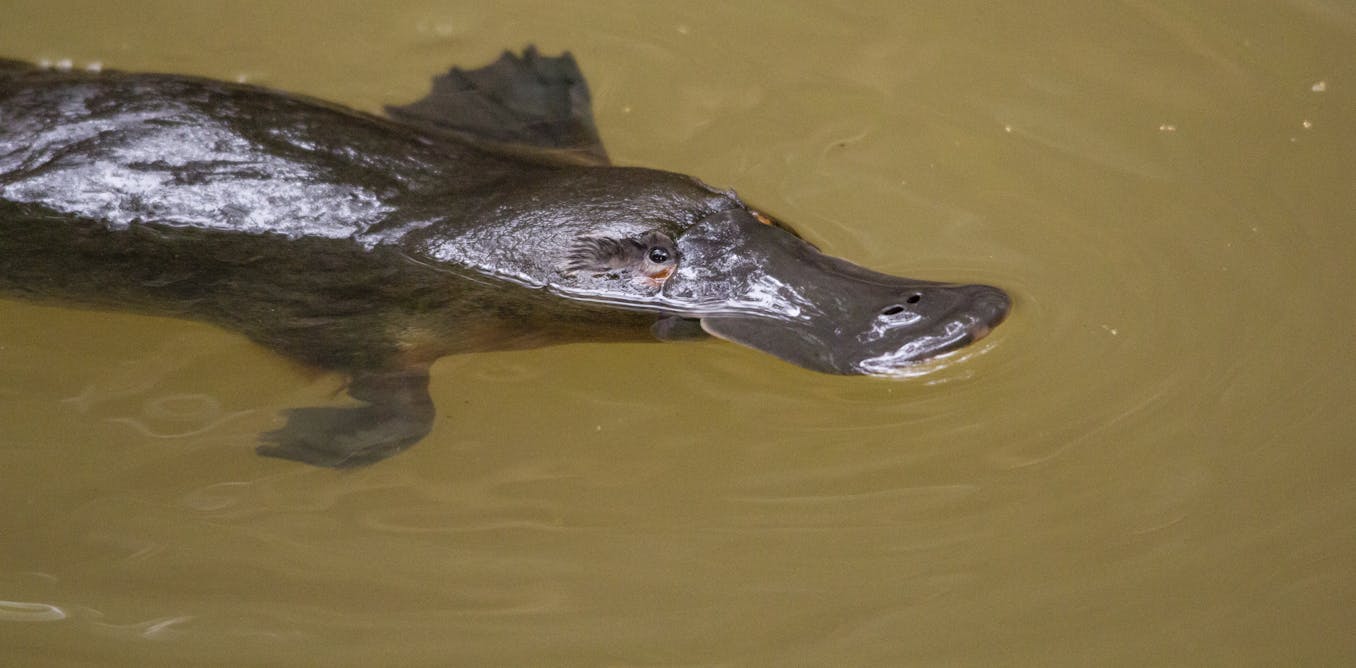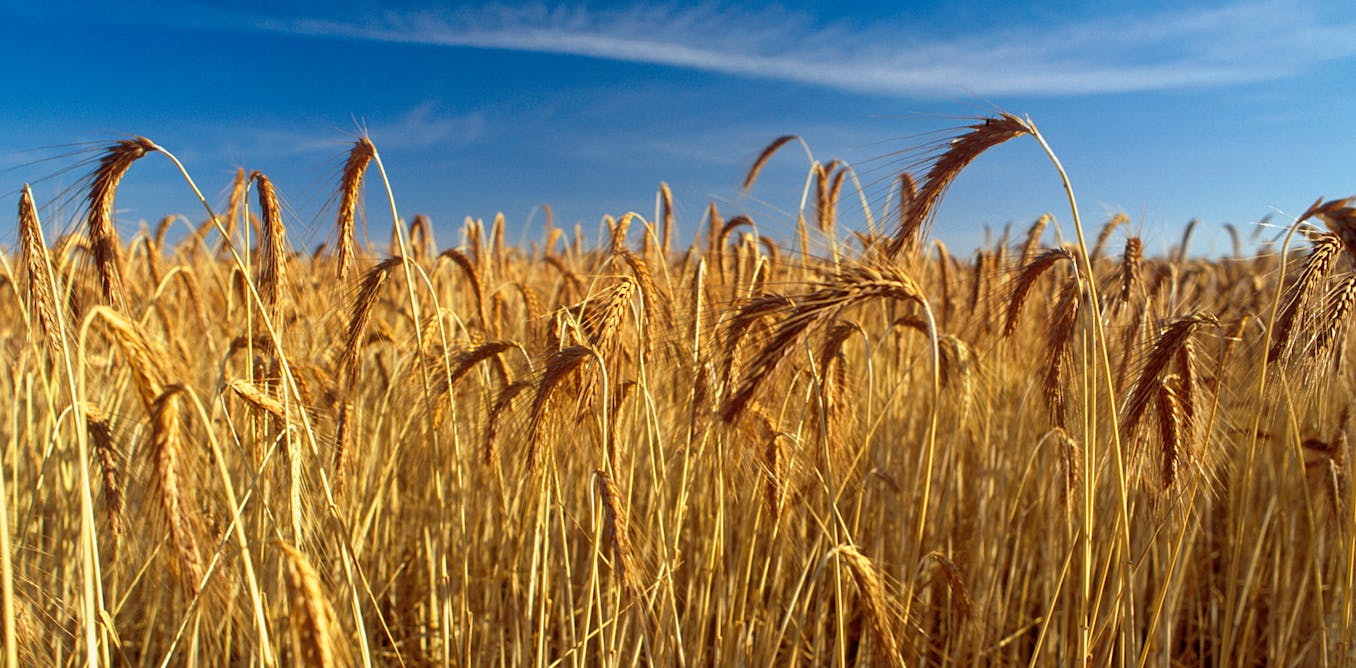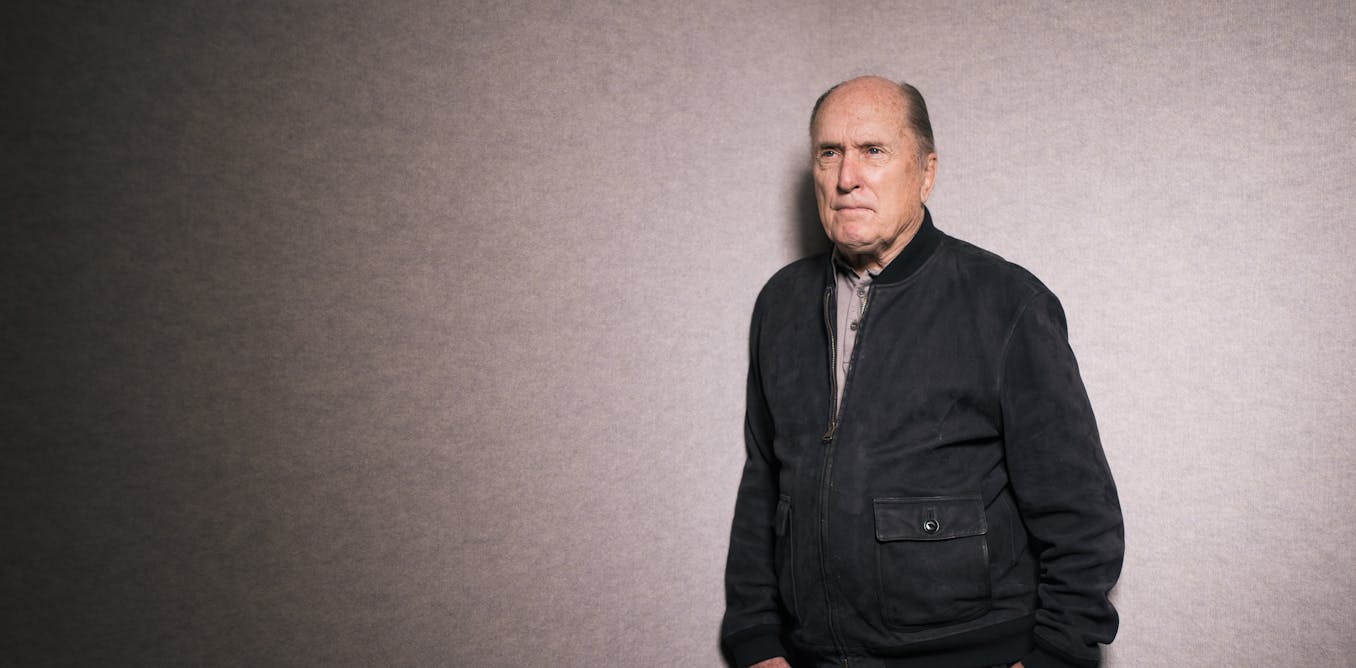The XPrize Foundation today announced the winners of its four-year, US $100 million XPrize competition in carbon removal. The contest is one of dozens hosted by the foundation in its 20-year effort to encourage technological development. Contestants in the carbon removal XPrize had to demonstrate ways to pull carbon dioxide from the atmosphere or oceans and sequester it sustainably.
Mati Carbon, a Houston-based startup developing a sequestration technique called enhanced rock weathering, won the grand prize of $50 million. The company spreads crushed basalt on small farms in India and Africa. The silica-rich volcanic rock improves the quality of the soil for the crops but also helps remove carbon dioxide from the air. It does this by reacting with dissolved CO2 in the soil’s water, turning it into bicarbonate ions and preventing it from returning to the atmosphere (see the sidebar, “How Does Enhanced Rock Weathering Remove CO2?” for more detail).
More than a dozen organizations globally are developing enhanced rock weathering approaches at an industrial scale, but Mati’s tech-heavy verification and software platform caught the XPrize judges’ attention. “On the one hand, they’re moving rocks around in trucks—that’s not very techy. But when we looked under the hood…what we saw was a very impressive data-collection exercise,” says Michael Leitch, XPrize’s technical lead for the competition.
Mati Carbon’s Data-Driven Carbon Removal
Mati monitors each farm’s soil both before and after the basalt treatment to verify how much carbon is being stored. This verification process involves bringing an inductively coupled plasma mass spectrometer to farms to analyze soil composition and help determine how well the basalt is working. The company also tracks other measures of soil chemistry, performs geotagging to determine the precise location of all measurements, and uses software to track the carbon footprint of transporting and sourcing the basalt.
All of this must be repeated for thousands of small farms. “The quantity and the density of sampling we’re doing today is intense—really it’s ridiculous,” says Shantanu Agarwal, the CEO and founder of Mati Carbon. “For each field, we’re collecting hundreds of data points.”
The company organizes the data with a proprietary enterprise resource-planning software platform it calls matiC. The company also uses machine learning and analytics software driven by AI to weed out manual errors, keep track of field conditions, and model carbon removal. The goal is to develop a prediction tool that will allow the company to reduce the amount of physical sampling it must do, says Agarwal.
Mati Carbon began by spreading basalt on rice paddies in India and has now expanded to Zambia and Tanzania. Mati Carbon
Solid monitoring and verification is crucial for carbon-removal companies because their revenue is largely based on selling carbon credits. The only way to build up a viable…
Read full article: Mati Carbon Wins $50M XPrize for Carbon Removal

The post “Mati Carbon Wins $50M XPrize for Carbon Removal” by Emily Waltz was published on 04/23/2025 by spectrum.ieee.org






































Leave a Reply